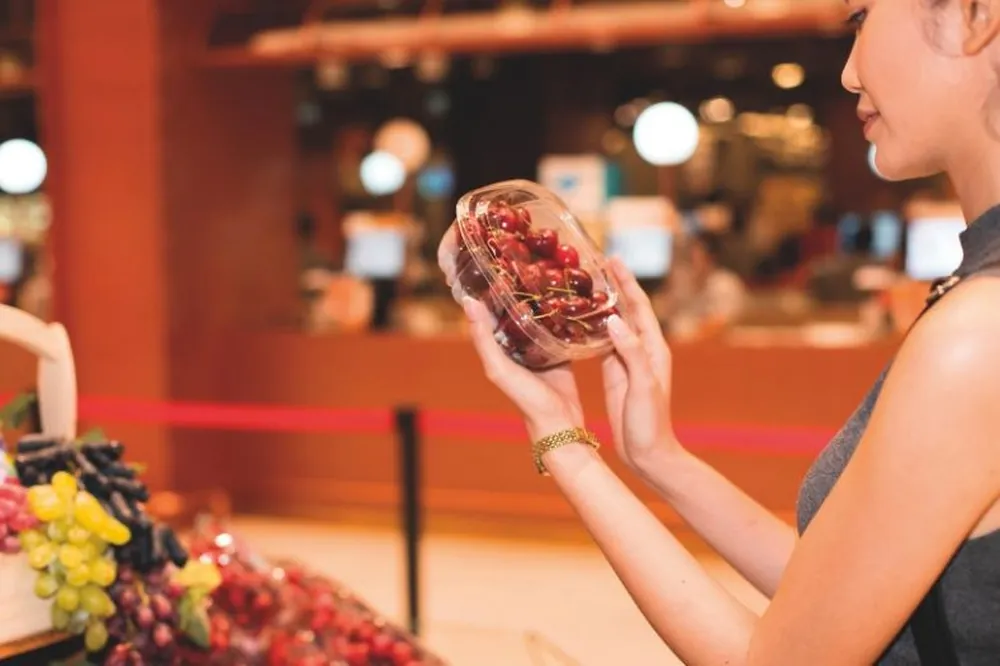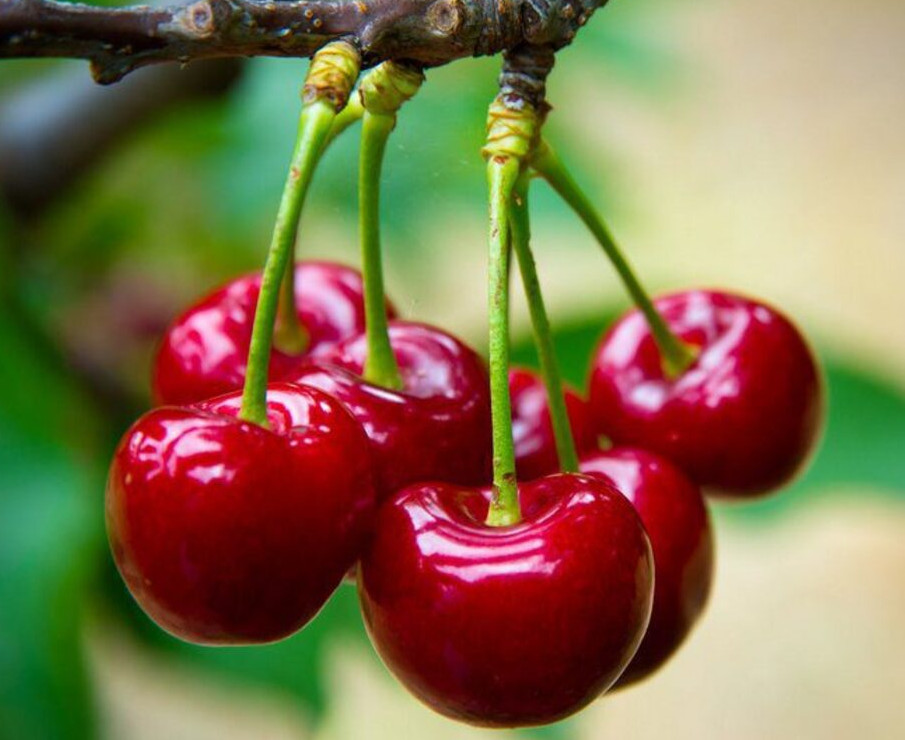With the climate warming up earlier than usual, cherry blossoms in Puglia are already in full swing, setting the stage for the 2024 cherry season. But what does this mean for cherry quality, and what factors should growers keep in mind? We turned to agronomist Maurizio Simone from the agronomic consultancy Doctor Farmer for insights.
According to Simone, the vegetative growth of cherry trees kicks off with the flowering phase, which started ahead of schedule this year. However, this rapid start has led to uneven flowering, likely due to the mild winter climate. On the same tree, flowering has been staggered, with some parts blooming now, nearly 20 or more days later than the first bloom.
One of the main reasons for the discrepancy in flowering timing this season could be attributed to the cherry trees not receiving sufficient chilling hours needed for uniform vegetative growth. The lack of chilling hours can significantly impact crop production, limiting uniform flowering and compromising subsequent bud development and quality. To address this, it's essential to maintain plant balance throughout the year with targeted agronomic interventions focusing on nutrition and plant health.
Cherry trees do not differentiate buds from February to June, the typical period for cultural operations by growers. Therefore, meticulous care from harvest to the next flowering phase is crucial.
Bud differentiation in cherry trees usually occurs during dormancy, starting in late autumn and continuing through winter. Failure to monitor this phase can lead to the presence of harmful pests (such as almond bugs), causing early defoliation and subsequent physiological imbalances that negatively affect bud differentiation. This can result in the formation of non-fertile flowers in the next season, characterized by the presence of petals and sepals but lacking stamens or pistils.
Last year's abundant rainfall followed by high temperatures also contributed to plant stress, compounded by inadequate winter dormancy. Consequently, current cherry orchards may exhibit imbalances. Despite these challenges, the cherry season has begun, with sporadic harvesting already underway in some greenhouses. Learning from past mistakes is crucial to improving future yields.
Despite the aforementioned imbalances, the current climate conditions are favorable for cherries. Daytime temperatures around 22-23°C and nighttime temperatures dropping to about 10-12°C are optimal for cherry growth and development, with the species capable of withstanding temperatures as low as 6-7°C. Furthermore, favorable precipitation patterns reduce the risk of pollination issues or fruit splitting.
While there's no one-size-fits-all solution in agriculture, Simone emphasized the importance of cover cropping to increase field biodiversity and organic matter availability. However, uncontrolled cover cropping can pose challenges if not properly managed, potentially leading to the growth of competing plant species. Therefore, while cover cropping can be beneficial, it requires careful consideration and management.
Source: Fruit Journal
Image: Fruit Journal
Cherry Times - All rights reserved










